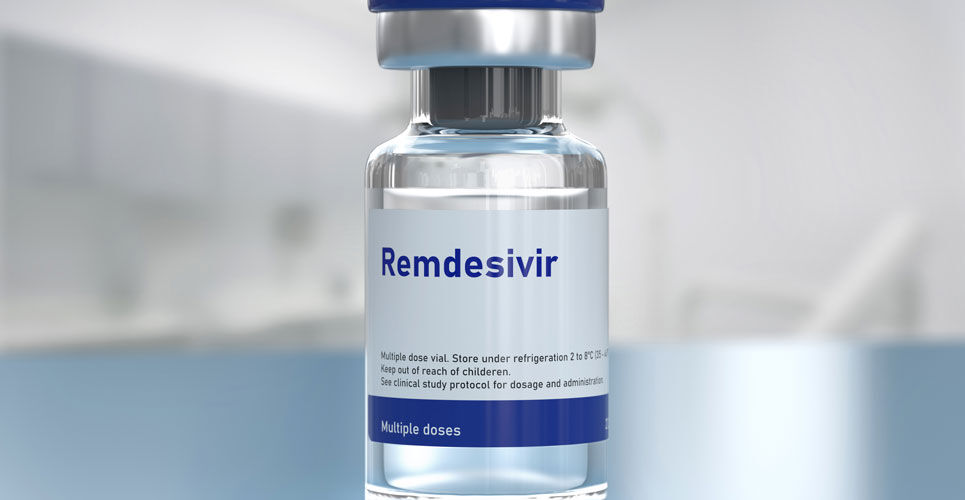Remdesivir recovery benefits 1-year after COVID-19 treatment are no different to standard care according to the findings of a follow-up study
Using remdesivir in patients hospitalised with COVID-19 does not reduce the risk of continued symptoms or affect levels of recovery at 1-year any more than standard care according to the findings of a study by Finnish researchers.
While the majority of patients make a full recovery after infection with COVID-19, a proportion continue to experience what has been defined by the World Health Organisation (WHO) as post-COVID-19 condition. Throughout the pandemic it has become increasingly recognised that after an acute infection, patients continue to experience symptoms or develop new ones. While post-COVID-19 condition is the WHO preferred term, the persistence of symptoms has also been referred to as the short-term and long-term persistent post-acute sequelae of COVID-19 (PASC). Using this definition, a 2021 systematic review that included 57 studies with 250 351 survivors of COVID-19 found that more than half experienced PASC 6 months after recovery.
Treatment of COVID-19 with the anti-viral agent remdesivir in hospitalised patients is effective and reduces mortality for non-ventilated patients with COVID-19 requiring supplemental oxygen therapy. However, given that post-COVID-19 condition occurs in a number of patients, an equally important question is whether treatments such as remdesivir would reduce the risk of developing post-COVID-19 condition? One Italian observational study of 449 hospitalised patients found that use of remdesivir was independently associated with a reduced risk of what the authors referred to as ‘long-COVID syndrome‘. Nevertheless, no other studies have addressed this question and there remains a high level of uncertainty over whether vaccines or in fact, any treatments reduce the risk of post-COVID-19 condition.
In the present study, the Finnish researcher sought, for the first time, to try and answer the question as to whether or not remdesivir reduced the risk of post-COVID-19 condition. The team undertook the SOLIDARITY trial, which was designed to examine the effects of remdesivir plus standard of care (SoC) compared to SoC alone, on post-COVID-19 condition, at one- and two-years post-discharge from hospital. The trial recruited adult patients with a PCR-confirmed diagnosis of COVID-19 and who received remdesivir 200 mg on the first day and then 100 mg daily until discharge or for a maximum of 10 days with SoC or SoC alone. In the follow-up, participants self-completed questionnaires to assess long-term recovery based on continued symptoms and quality-of-life measures.
Remdesivir recovery at 12 months
The SOLIDARITY trial recruited a total of 208 patients with a mean age of 58.3 years (64% male) were recruited and randomised to remdesivir (114) or standard care. After one year, data were available for 181 survivors although at this point in time, 4.4% of the remdesivir group and 5.3% in the standard of care group had died (relative risk, RR = 0.82, 95% CI 0.25 – 2.76).
Self-reported full or largely full, recovery occurred in 85% of those in the remdesivir arm and 86% in the standard of care group (RR = 0.94, 95% CI 0.47 – 1.90). In addition, a similar proportion (15.3% vs 14.5%) of participants reported that they were about halfway recovered to not recovered at all.
Moreover, exertional dyspnoea was experienced by a similar proportion in both groups (RR = 0.61, 95% CI 0.20 – 1.85) and there were similar scores between the two groups for all quality-of-life domain scores.
The authors concluded that there were no discernible effects of remdesivir on long-term recovery, quality of life or long-COVID-19 symptoms. However, they added that since the confidence intervals were wide this included evidence of substantial benefit and harm.
Citation
Nevalainen OPO et al. Effect of remdesivir post hospitalization for COVID-19 infection from the randomized SOLIDARITY Finland trial Nat Commun 2022

